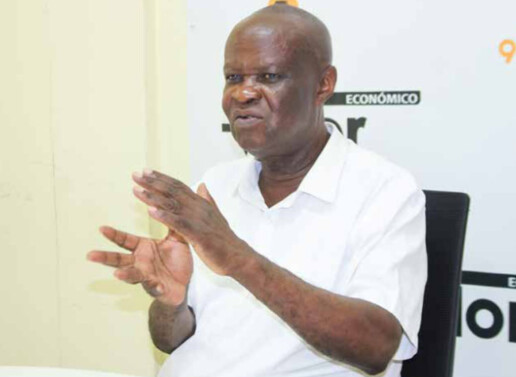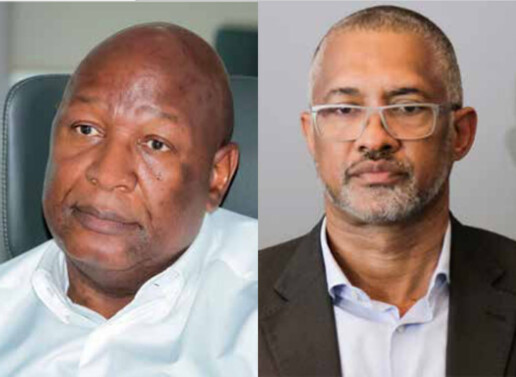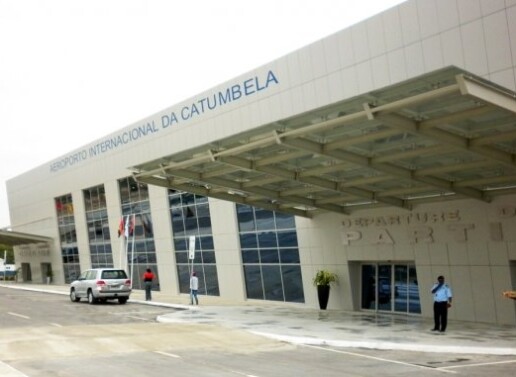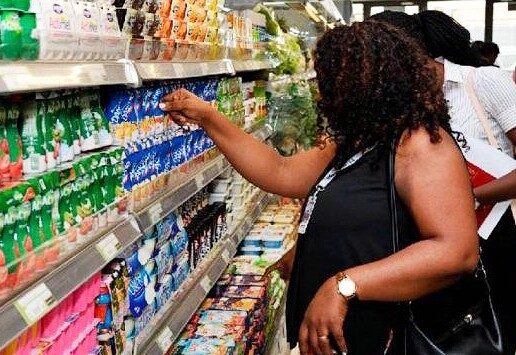Angola is one of the African countries that spends more money paying debt interest than investing in education and health, says the United Nations Department of Economic and Social Affairs (UNDESA).
“In several of Africa’s largest and most populous economies, including Angola, Egypt, Ghana, Nigeria, and Uganda, debt interest payments have exceeded total spending on education and health in recent years, highlighting the tough policy choices governments face,” reads the World Economic Situation and Prospects 2025 report, released by the United Nations.
In the document, UN experts state that “budgetary challenges are most severe in Africa, where the rapidly growing cost of servicing debt is increasingly diverting essential resources away from public services and investment” in areas that enable economic development.
The average percentage of fiscal revenue spent on debt interest payments in Africa reached 27% last year, significantly up from 19% in 2019 and 7% in 2007, illustrating the impact of rising debt on the policy options of African governments.
Some of these countries, including Angola, are spending more than 25% of their revenue on servicing debt interest, according to the report. The document was released alongside another analysis by the non-governmental organization Debt Justice, which identifies Angola as the country with the highest percentage of revenue (66%) allocated to debt payments globally.
Angola is expected to pay $6.2 billion (5.9 billion euros) in 2025, representing 5.2% of GDP, and $5.4 billion (5.1 billion euros) in 2026, representing 4.2% of GDP, compared to the $5.4 billion paid in 2024. These figures, presented by Fitch Ratings in a recent analysis of Angola’s economy, reflect the total debt payments for these years, including both interest and loan principal repayments.
“Recent experiences of protests in Kenya and Nigeria over tax increases and economic hardships demonstrate the delicate balance policymakers must strike between strengthening fiscal sustainability and avoiding measures that further strain household finances and social stability,” UN economists write in the report on Africa’s economic situation.
Multilateral cooperation and global efforts are essential to ease the debt servicing burden on many developing economies, the experts add, concluding that “expanding access to concessional financing, coordinated international initiatives for debt relief, and strengthening global mechanisms to facilitate debt restructuring could significantly expand fiscal space for these countries to invest in sustainable long-term development.”
Lusa, 13/01/2025







